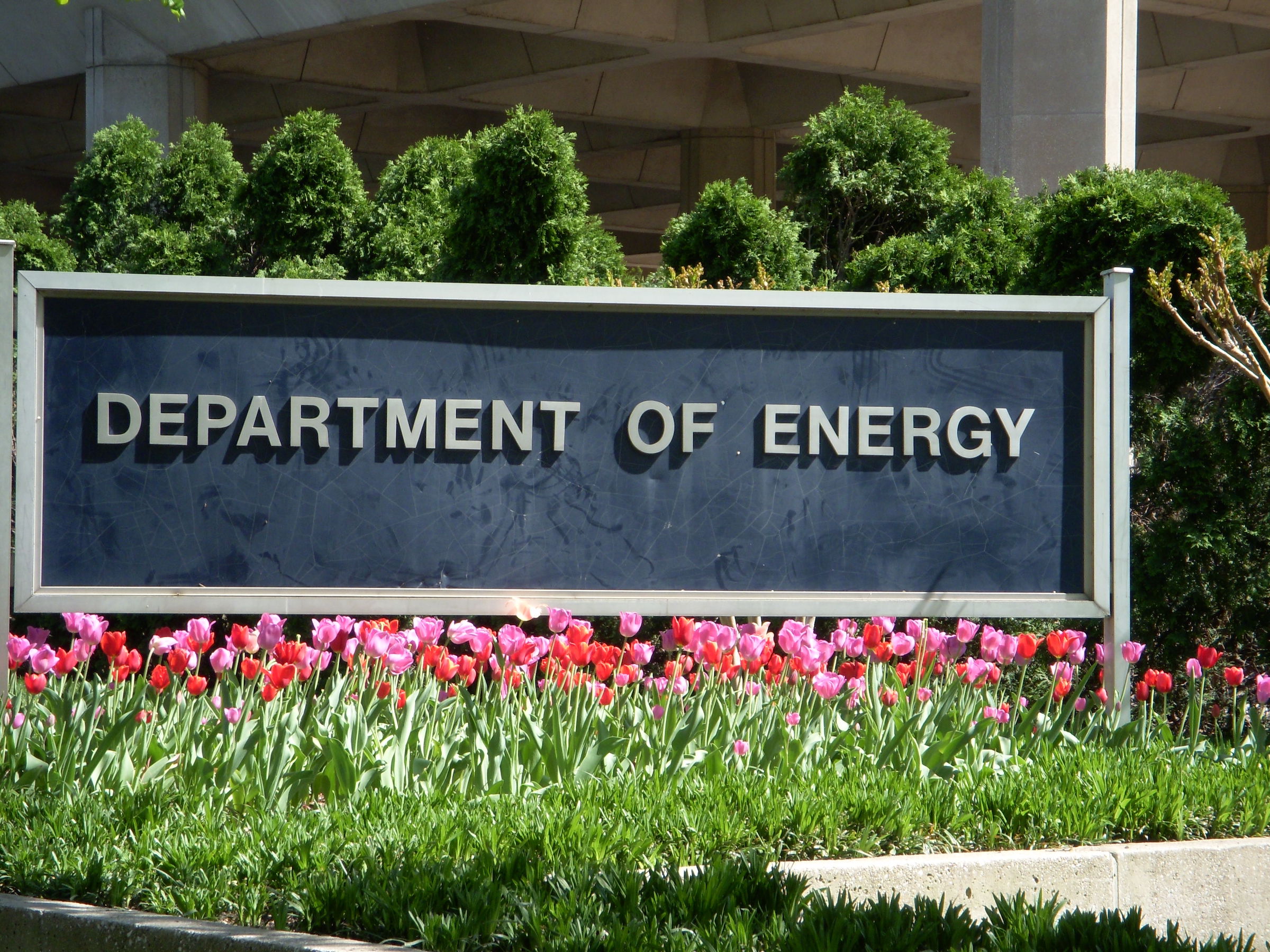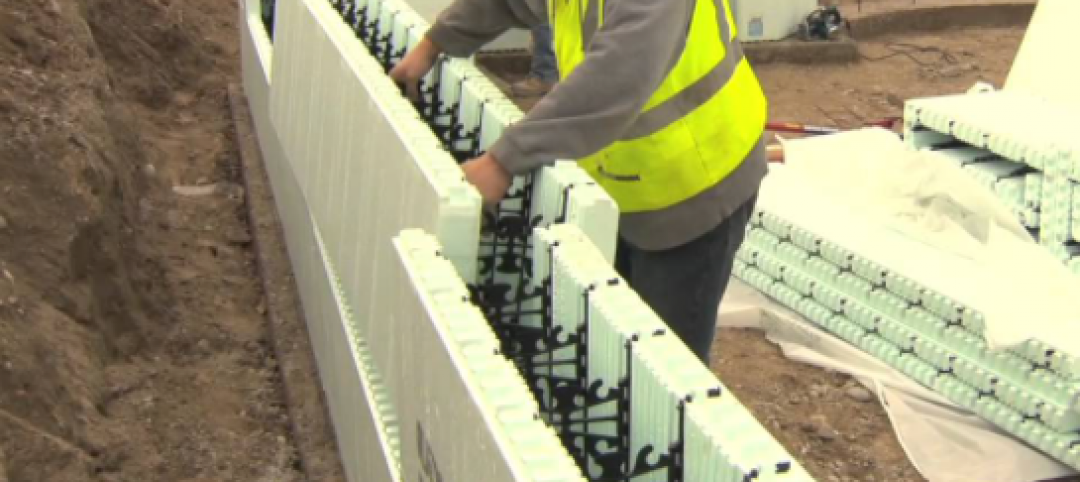The Buildings Upgrade Prize (Buildings UP) sponsored by the U.S. Department of Energy is offering more than $22 million in cash prizes and technical assistance to teams across America. Prize recipients will be selected based on their ideas to accelerate widespread, equitable energy efficiency and building electrification upgrades.
In Phase 1 of Buildings UP, teams will submit innovative concepts to increase building energy upgrades within one of two pathways: “Equity-Centered Innovation” or “Open Innovation.” Winning “Equity-Centered Innovation” teams, focused on delivering upgrades to low- and moderate-income homes; small, disadvantaged businesses; and other equity-eligible buildings, will receive $400,000 in cash.
Winning “Open Innovation” teams will receive $200,000 in cash. Winners from both pathways will also receive expert technical assistance and coaching to help bring their ideas to life. Community-based organizations, state and local governments, Indian tribes, building owners, utilities, nonprofit organizations, energy efficiency program implementers, and other organizations are encouraged to team up and apply.
“We have a once-in-a-generation opportunity to leverage billions of dollars in funding available through the Bipartisan Infrastructure Law, the Inflation Reduction Act, utility rebate programs, and many other sources to upgrade our existing buildings and help address climate change,” said Alejandro Moreno, Acting Assistant Secretary for Energy Efficiency and Renewable Energy. “Transforming existing buildings is a complex task. Each building has its own set of needs related to size, use, age, location, and more—there is no one-size-fits-all solution. Buildings UP is designed to build capacity within multi-stakeholder teams to develop a variety of solutions and drive the implementation of effective building upgrade initiatives across the country.”
Here is the full release form the U.S. Department of Energy:
The Buildings Upgrade Prize (Buildings UP) is offering more than $22 million in cash prizes and technical assistance to teams across America with winning ideas to accelerate widespread, equitable energy efficiency and building electrification upgrades.
“We have a once-in-a-generation opportunity to leverage billions of dollars in funding available through the Bipartisan Infrastructure Law, the Inflation Reduction Act, utility rebate programs, and many other sources to upgrade our existing buildings and help address climate change,” said Alejandro Moreno, Acting Assistant Secretary for Energy Efficiency and Renewable Energy. “Transforming existing buildings is a complex task. Each building has its own set of needs related to size, use, age, location, and more—there is no one-size-fits-all solution. Buildings UP is designed to build capacity within multi-stakeholder teams to develop a variety of solutions and drive the implementation of effective building upgrade initiatives across the country.”
Upgrading existing buildings to efficiently run on clean energy will help address climate change. Solutions can be varied and may include adoption of efficient electric equipment and appliances, including heat pumps and heat pump water heaters, as well as enhanced building efficiency through measures such as insulation and air sealing. Together, these efforts will help reduce carbon emissions and energy costs while improving indoor air quality and occupant comfort.
In Phase 1 of Buildings UP, teams will submit innovative concepts to increase building energy upgrades, choosing to enter one of two pathways: “Equity-Centered Innovation” or “Open Innovation.” Winning “Equity-Centered Innovation” teams, focused on delivering upgrades to low- and moderate-income homes; small, disadvantaged businesses; and other equity-eligible buildings, will receive $400,000 in cash. Winning “Open Innovation” teams will receive $200,000 in cash. Winners from both pathways will also receive expert technical assistance and coaching to help bring their ideas to life.
Community-based organizations, state and local governments, Indian tribes, building owners, utilities, nonprofit organizations, energy efficiency program implementers, and other organizations are encouraged to team up and apply. Phase 1 opens for submissions on February 18, 2023.
Up to 50 Application Support Prizes of $5,000 and 10 hours of technical assistance are available to help new and under-resourced teams complete Phase 1 applications. The Application Support Prize opens for submissions on Jan. 18, 2023, and will be awarded on a rolling basis until funds are expended.
Buildings UP is administered by the National Renewable Energy Laboratory and is part of the American-Made program, which fast-tracks innovation through prizes, training, teaming, and mentoring. Teams competing in Buildings UP will have access to the American-Made Network, connecting the nation’s entrepreneurs and innovators to America’s national labs and the private sector. Mentoring, tools, resources, and support through the American-Made Network help accelerate the transition of ideas into real-world solutions to achieve clean energy goals.
Buildings UP was developed and funded by the U.S. Department of Energy Building Technologies Office as part of its overall mission to reduce the carbon footprint of the U.S. building stock while maintaining or improving affordability, comfort, and performance.
Follow Buildings UP on HeroX.com for all prize-related updates. Phase 1 submissions are due by July 18, 2023.
Related Stories
| Aug 11, 2010
AIA Course: Enclosure strategies for better buildings
Sustainability and energy efficiency depend not only on the overall design but also on the building's enclosure system. Whether it's via better air-infiltration control, thermal insulation, and moisture control, or more advanced strategies such as active façades with automated shading and venting or novel enclosure types such as double walls, Building Teams are delivering more efficient, better performing, and healthier building enclosures.
| Aug 11, 2010
Glass Wall Systems Open Up Closed Spaces
Sectioning off large open spaces without making everything feel closed off was the challenge faced by two very different projects—one an upscale food market in Napa Valley, the other a corporate office in Southern California. Movable glass wall systems proved to be the solution in both projects.
| Aug 11, 2010
Tall ICF Walls: 9 Building Tips from the Experts
Insulating concrete forms have a long history of success in low-rise buildings, but now Building Teams are specifying ICFs for mid- and high-rise structures—more than 100 feet. ICF walls can be used for tall unsupported walls (for, say, movie theaters and big-box stores) and for multistory, load-bearing walls (for hotels, multifamily residential buildings, and student residence halls).
| Aug 11, 2010
Great Solutions: Products
14. Mod Pod A Nod to Flex Biz Designed by the British firm Tate + Hindle, the OfficePOD is a flexible office space that can be installed, well, just about anywhere, indoors or out. The self-contained modular units measure about seven feet square and are designed to serve as dedicated space for employees who work from home or other remote locations.








